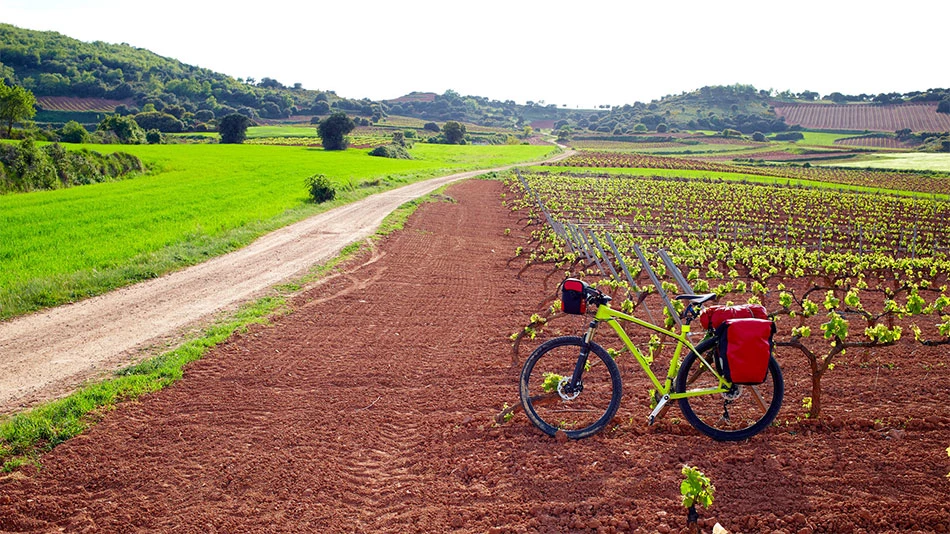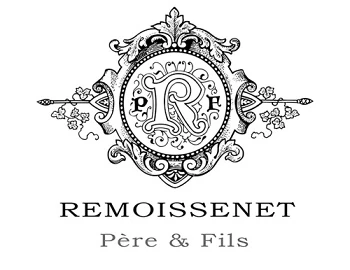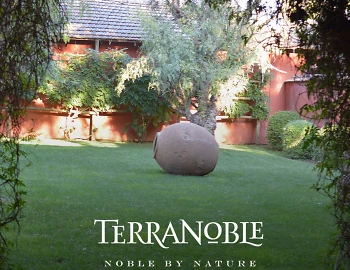Bodegas Amézola de la Mora
The Amézola de la Mora family vineyard originated in the 19th century. Already then it enjoyed a good reputation in large parts of the country. With the appearance of the dreaded phylloxera plague, however, production unfortunately came to an end. In 1986, Iñigo Amézola de la Mora brought the family estate back to life.
María and Cristina, the daughters of Iñigo Amézola, who unfortunately died too early, now lead the family estate into the future as a young generation with gentle innovation, without neglecting the deeply rooted traditions. Torremontalbo is the name of the hamlet at a crossroads with as many as four houses. The bodega, not far away, is connected to an underground tunnel. 60 hectares of vineyards spread over at 600 to 700 metres above sea level around the bodega, which is built on a gentle hill. The view sweeps over the wide valley of the Ebro, from the Rioja Alta to the Rioja Alavesa on the other side of the river.
Red wines from Bodegas Amézola de la Mora
from Bodegas Amézola de la Mora
The soils in the Rioja Alta are predominantly loamy-calcareous. The subsoil contains sand and large chunks of lime, as one soil profile showed. They serve as water reservoirs for the long dry summer periods. In winter, the Cantabrian Mountains in the north protect from cold northern winds. Tempranillo, Graciano and Mazuelo, some of which are over 40 years old, are harvested by hand and traditionally vinified in steel tanks without temperature regulation. The pressing is carried out gently with old basket presses. The ageing takes place mainly in used barrels. The results are delicate, traditional, classically elegant Riojas, which only leave the winery after longer storage in barrels and bottles than required by law, so that they do not require further storage in your cellar and are immediately ready to drink.

Producer

Remoissenet Père & Fils
Prestigious terroirs, work in micro-parcels, a distinctive style, exceptional quality right from the entry level... Remoissenet Père et Fils stands out for many things, and everything makes you want to taste these wines! Wines for the moment - or for eternity.

Domaine de la Commaraine
The beauty behind the walls of Château Commaraine
The Burgundian municipality of Pommard has a classic, historic ambience with most of the buildings and walled vineyards (clos) intact, exuding a peaceful and tranquil atmosphere. The small, romantic village square conveys a slightly exotic feeling to its visitors – an unusual sensation in rural Burgundy indeed!

Viñedos Terranoble
Soon after their arrival, the first Spanish colonists were already remarking the ideal vine growing conditions in Chile. In this country of great contrasts, embedded between the Andes and the Pacific Ocean, the many wine regions differ significantly through micro-climate, topography and altitudes, and geological properties. TerraNoble owns vineyards in three different regions and so can provide different varieties with the most suitable growing conditions.


